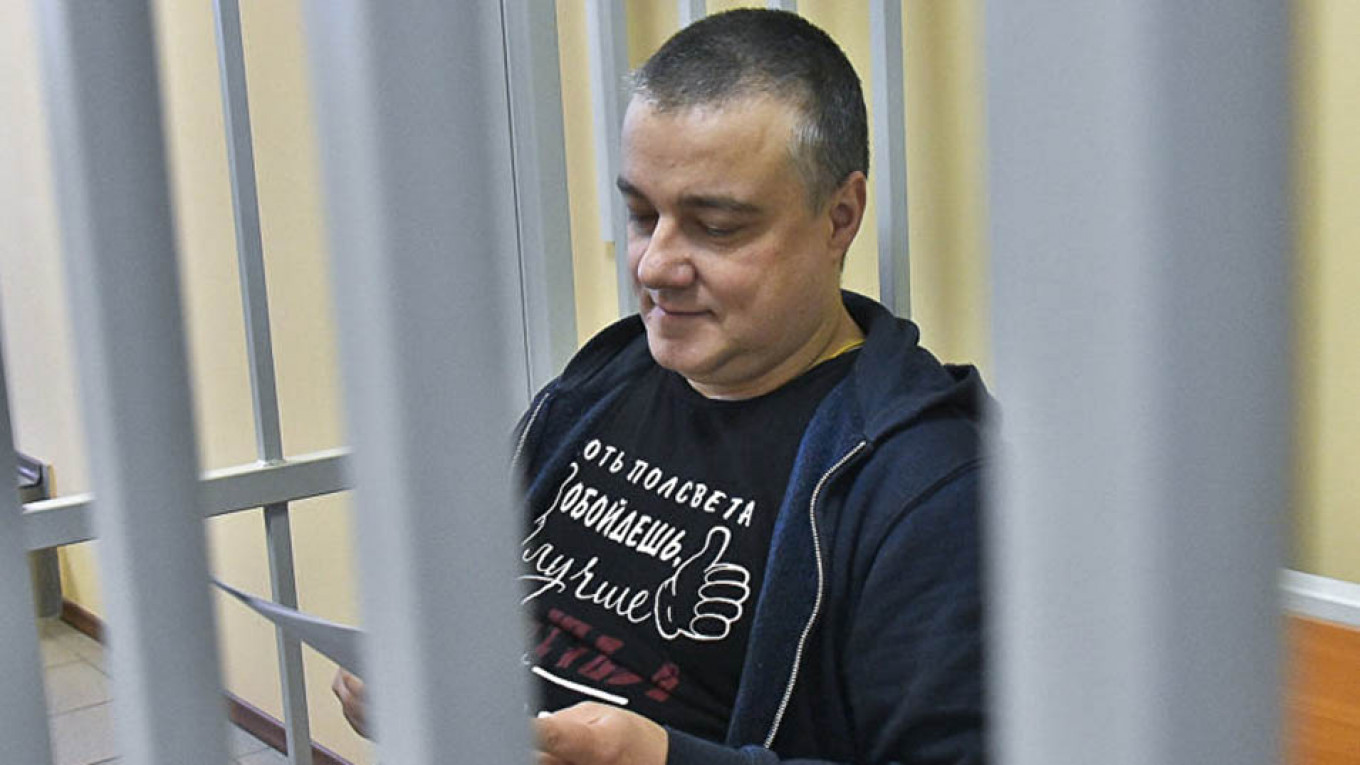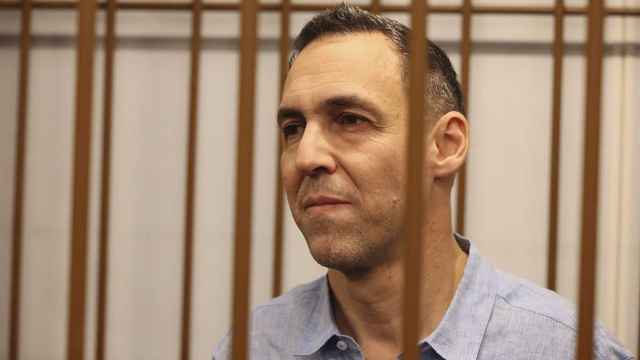The first Russian businessman who took part in a government-backed capital amnesty program — a scheme which offers protection from legal proceedings to rich Russians who voluntarily repatriate hidden overseas cash — has claimed Russian prosecutors reneged on the deal, using his declaration to help secure a conviction against him and seize 36 billion rubles ($570 million) of assets.
Konstantin Ponomarev, who made billions of rubles in a settlement over a legal dispute with Swedish furniture giant Ikea, claims Russia’s federal security service (FSB) obtained his secret tax declaration and submitted it under the capital amnesty program, Russian daily RBC has reported. The FSB then used that declaration to search his properties, seizing crucial documents and assets which were used against him in court.
The capital amnesty program was launched in 2015, with high-profile support from President Vladimir Putin, in a bid to encourage Russians to repatriate billions of rubles they had stashed abroad. Putin promised they could bring the money back to Russia officially by making an asset declaration to Russia’s federal tax service stating the value and origin of the funds.
In return, Putin guaranteed the declarations would be sealed and not be used in any criminal, administrative or tax investigations. The new prime minister, Mikhail Mishustin, oversaw the program as head of Russia’s federal tax service.
Ponomarev was the first person to make use of the scheme, submitting his documents just two weeks after the program came into force in July 2015. He declared assets of 66.5 billion rubles ($1.2 billion at the time), citing the settlement with Ikea as part of the source of his wealth.
Now, in a series of fresh criminal cases related to the original dispute, Ponomarev says the FSB obtained his sealed declaration from the tax service, using the information he submitted to instigate raids on his properties in 2017. Ponomarev was sentenced to eight years in a penal colony last year in one of those cases for falsifying evidence and defamation. His lawyer was also convicted for his role in the scheme. The other cases against him on fraud and tax evasion charges are ongoing, RBC reported.
In documents seen by the paper, Ponomarev recently wrote to then-prime minister Dmitry Medvedev claiming foul play on the part of the FSB.
“When discussing the capital amnesty program, experts expressed doubts about the effectiveness of the guarantees laid down in it, and [highlighted] the opportunities for tax and law enforcement agencies to overcome them,” Ponomarev said.
“What happened to me fully confirms these doubts. After preparing and submitting my declaration to the tax service under the amnesty, instead of ‘guarantees,’ I received searches and the seizure of all documents related to those transactions.”
Ponomarev is the second high-profile participant of the capital amnesty to claim Russian law enforcement hasn’t honored its side of the deal. In 2017, the FSB accessed the secret declaration of Valery Izrailit, a businessman who repatriated cash under the scheme, and prosecutors entered Izrailit’s declaration as evidence against him in a fraud and money laundering case.
A Message from The Moscow Times:
Dear readers,
We are facing unprecedented challenges. Russia's Prosecutor General's Office has designated The Moscow Times as an "undesirable" organization, criminalizing our work and putting our staff at risk of prosecution. This follows our earlier unjust labeling as a "foreign agent."
These actions are direct attempts to silence independent journalism in Russia. The authorities claim our work "discredits the decisions of the Russian leadership." We see things differently: we strive to provide accurate, unbiased reporting on Russia.
We, the journalists of The Moscow Times, refuse to be silenced. But to continue our work, we need your help.
Your support, no matter how small, makes a world of difference. If you can, please support us monthly starting from just $2. It's quick to set up, and every contribution makes a significant impact.
By supporting The Moscow Times, you're defending open, independent journalism in the face of repression. Thank you for standing with us.
Remind me later.






